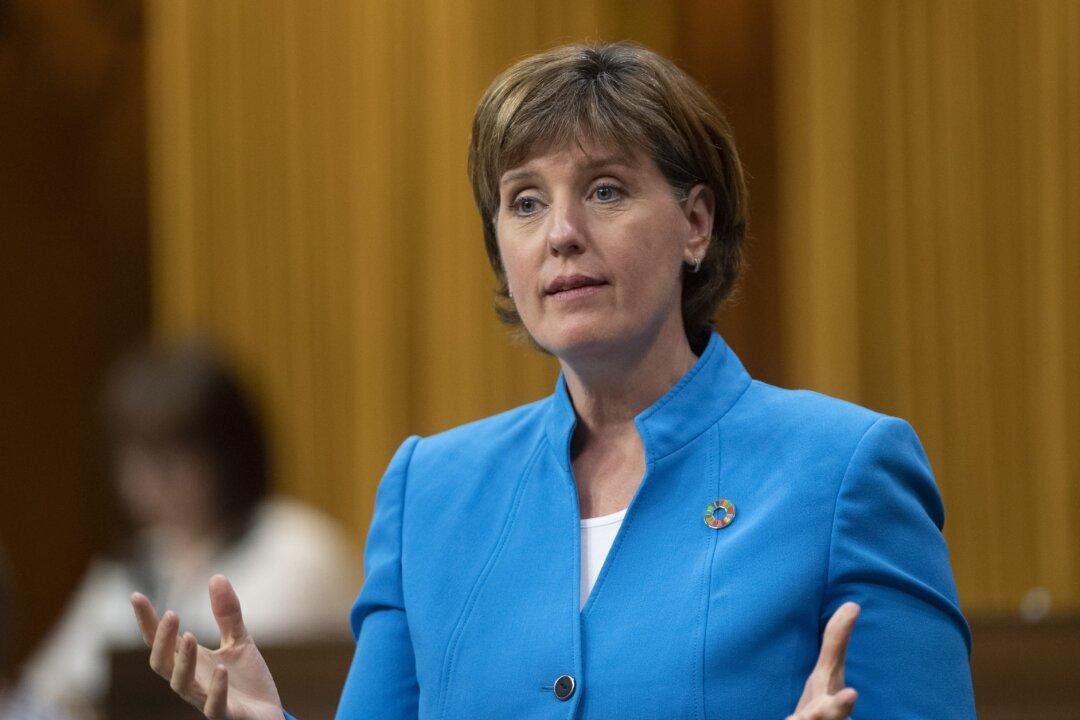The newly appointed minister of national revenue says she has a nickname for the department she is now heading, and it involves taking from the rich and giving to the poor.
“I call it in a friendly way the department of wealth redistribution,” says National Revenue Minister Marie-Claude Bibeau.





